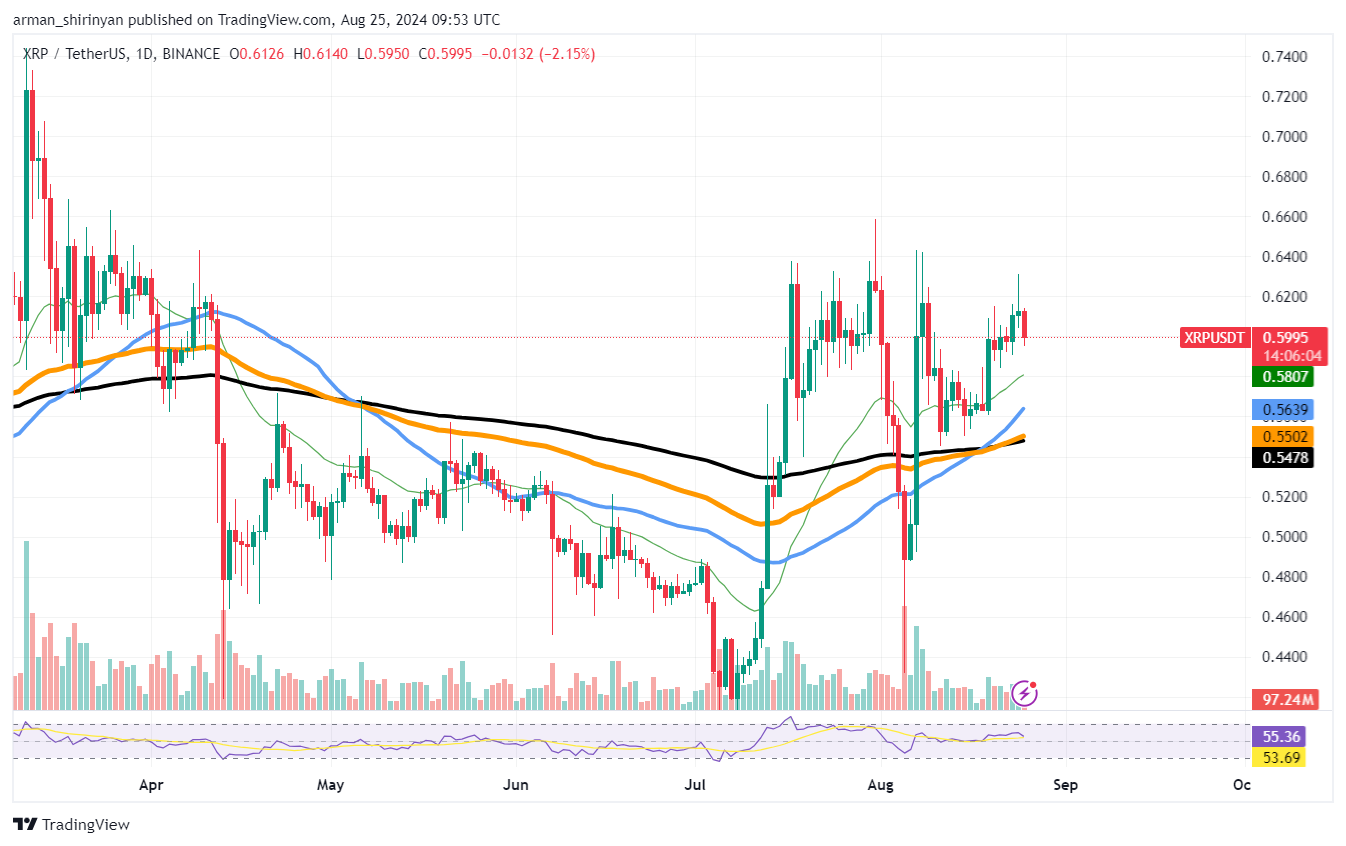Contents
- The environmental cost of cryptocurrency
- Local communities bear the brunt
Advertisement
In a recent series of posts, Dr. Robert Rohde, Lead Scientist at Berkeley Earth, has criticized Bitcoin for its excessive use of energy on a global scale and highlighted the severe local impacts of Bitcoin mining operations, such as continuous noise pollution.
Dr. Rohde, a respected physicist and data analyst with a focus on climate change, air quality issues, and global warming, has brought attention to the environmental and social consequences of the digital currency’s underlying processes.
The environmental cost of cryptocurrency
Bitcoin’s energy consumption has long been a topic of debate among environmentalists and industry experts. The cryptocurrency operates on a “proof-of-work” system, requiring extensive computational efforts from global miners to maintain network integrity and process transactions.
This system, while secure, consumes an enormous amount of electricity, thus contributing to carbon emissions and exacerbating climate change.
Dr. Rohde’s work, including studies on global warming and air pollution, shows the urgency of addressing such environmental impacts.
His research at Berkeley Earth has offered extensive insights into climate trends, reinforcing concerns about unsustainable practices in various industries.
Local communities bear the brunt
In places like Granbury, Texas, the repercussions of Bitcoin mining extend beyond environmental degradation to tangible disruptions in residents’ daily lives. Noise pollution from Bitcoin mining facilities, operating around the clock, has caused significant distress among local communities.
Reports from Granbury depict a scenario where the incessant noise resembles that of continuous jet takeoffs, leading to sleep disturbances, health issues, and a decrease in local wildlife presence.
Despite Bitcoin’s rebound in market value prompting an expansion in mining operations, the increase in energy consumption and subsequent local nuisances raise critical questions about the long-term viability and social responsibility of sustaining such energy-intensive practices.







